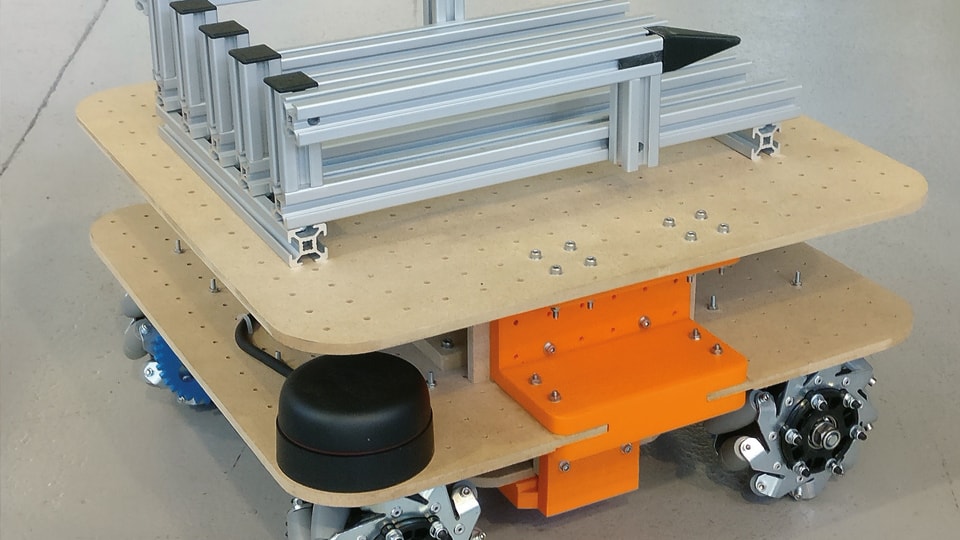Intelligent Cyber-Physical-Systems

Our research focuses on system design, system re-configuration, system ramp-up and system operation. We are working towards providing models to ensure seamless flow of information across these different stages. This in parallel with the necessary mechanisms to use this information and make systems more intelligent. We are working to develop new methods to make systems more agile without compromising on their performance. The vision is to deliver self-adapting systems, composed of heterogeneous “plug-and-produce” devices as well as human actors, which deliver high performance automation systems. This work is aligned with some of the UN sustainable development goals either directly (9-Industry, Innovation and Infrastructure; 10-Reduced Inequalities; 12-Responsible Consumption and Production) or indirectly (4-Quality Education; 11-Sustainable Cities and Communities; 17-Partnerships for the Goals).
Our aims
The advent of cyber-physical-systems in conjunction with the internet of things (IoT) is expected to disrupt the way we create and operate industrial systems and infrastructure in general. The challenges of this are significant, as the level of maturity of these system is still quite low. The challenges of how to best use cyber-physical-systems, the security concerns, the infrastructure for the sensor networks, as well as the analytics to deal with big data are some of the aspects that are quite relevant for industrial systems. The target of the research is to improve competiveness and productivity, but this approach will also provide solutions that promote inclusivity in the work place, as well as tackle some of the social challenges that automation poses. Finally, this research group also provides insights into the aspects that future engineers will need to tackle and will aim to influence and support the teaching materials in Industry 4.0 provided at Loughborough.
What are the outcomes/impacts so far?
The group has been quite active in the context of industry 4.0, being involved in several leading EU projects related to the topic. The research has been built over these project with notable developments in multiple fields, notably:
- High Performance Plug-and-Produce Architecture – Developed open source middleware that has been tested in 9 different demonstrators across Europe
- Skill Based Semantic Model – AutomationML enhancement description for modelling full plug-and-produce systems using a skill based approach. This is seamless integrated with the High Performance Plug-and-Produce Architecture.
- Improve System Ramp-up – This has been a focus of this research group with multiple developments in terms of recommendation systems for faster ramp-up times.
- Symbiotic Assembly Systems – Proposed new paradigm to deal with the necessity to integrate human element in industry 4.0.